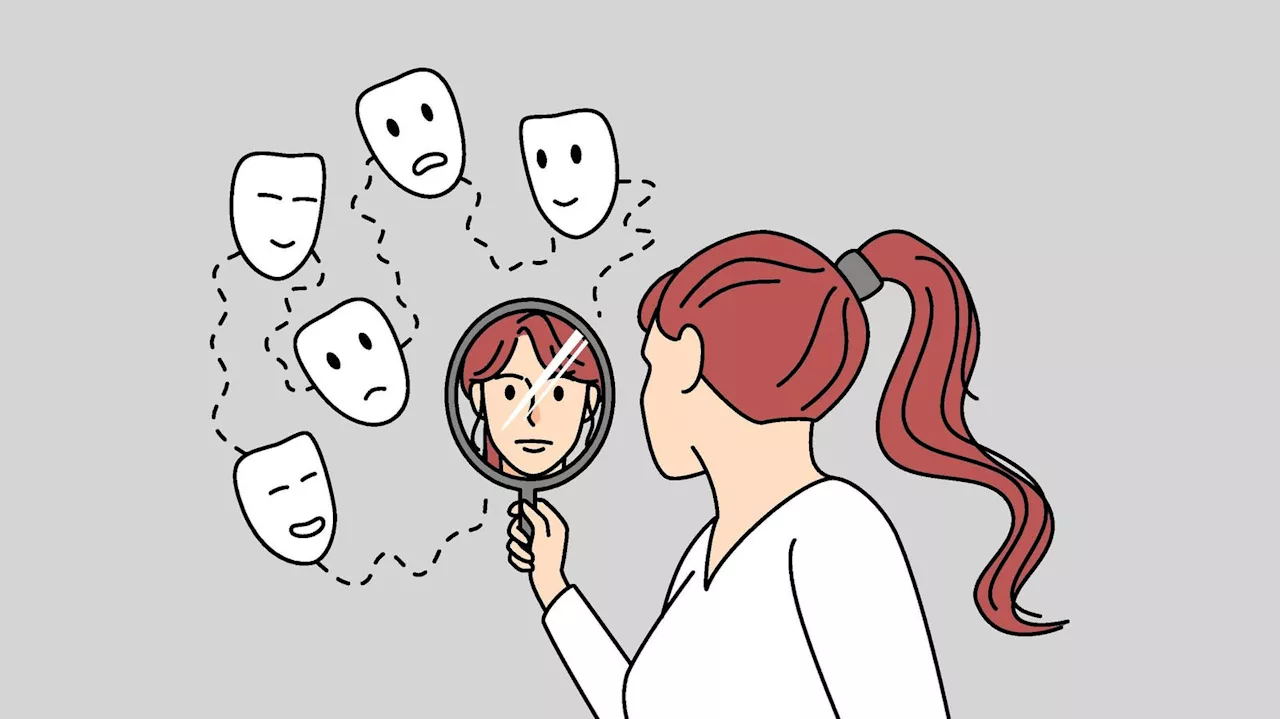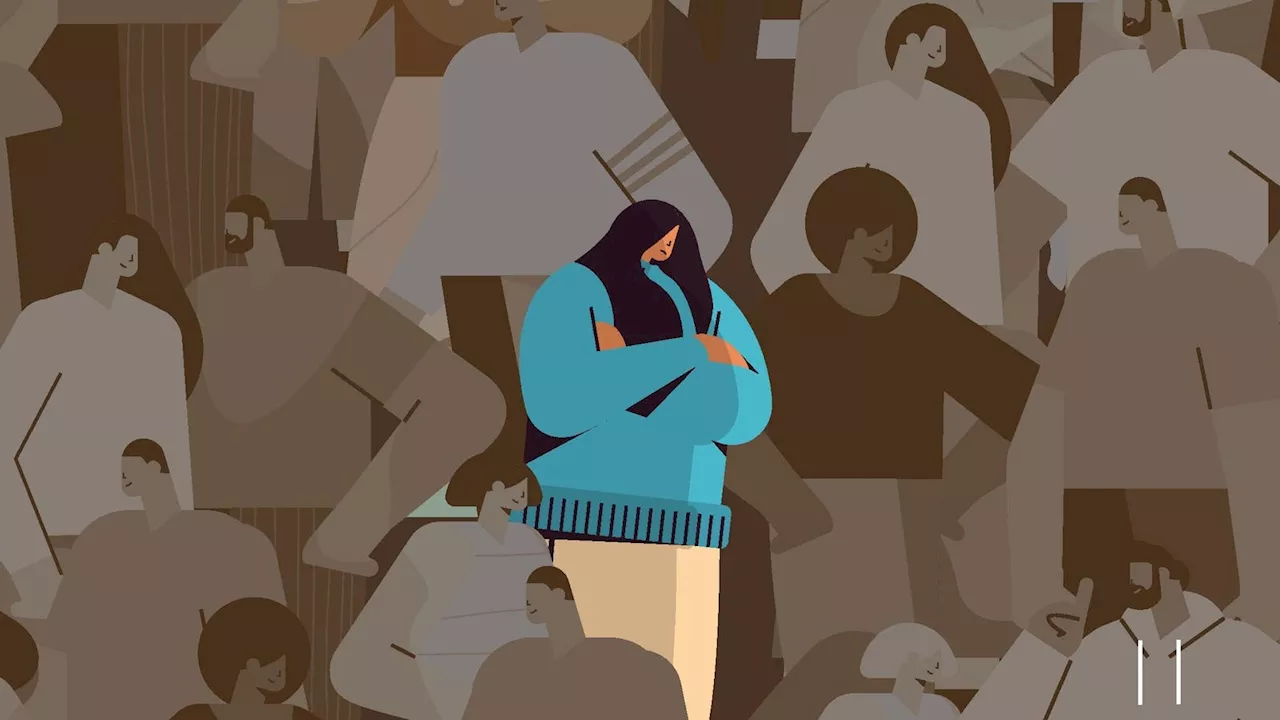Does a happy ending make everything perfect and a bad one make everything terrible? While the peaks and ends are powerful, they can sometimes distort the overall picture.
was first proposed by psychologist Daniel Kahneman , who found that people’s overall satisfaction with an experience could be overwhelmingly shaped by two things: the most intense moment and how the experience ended.
You may remember the first time your partner expressed their love for you or a magical date when everything felt perfect. These emotional high points serve as significant markers in your relationship. However, if a relationship ends in unresolved conflict, betrayal or hurt, the painful final moments can overshadow the positive memories, making the entire relationship seem less fulfilling, despite many happy and meaningful times spent together.
This can lead to the unrealistic expectation that every moment should be equally intense or near-perfect. When reality sets in and the relationship inevitably moves into quieter, more routine phases—whether it’s the day-to-day rhythm of life, personal challenges or simply a shift in emotional dynamics—there can be a sense of disappointment.
This bias can create a skewed perception of the entire relationship, where the positive moments—like shared joy, laughter and connection—are minimized or forgotten, and the painful end is magnified.
Peak-End Effect Psychology Memories Memory Distortion Post-Breakup Effect Unrealistic Expectations Relationship Satisfaction Scale Mark Travers Daniel Kahneman
United States Latest News, United States Headlines
Similar News:You can also read news stories similar to this one that we have collected from other news sources.
 A Psychologist Explains The Fine Line Between Charisma And NarcissismMark Travers, Ph.D., is an American psychologist who writes about psycho-educational topics such as happiness, relationships, personality, and life meaning. He holds degrees from Cornell University and the University of Colorado Boulder.
A Psychologist Explains The Fine Line Between Charisma And NarcissismMark Travers, Ph.D., is an American psychologist who writes about psycho-educational topics such as happiness, relationships, personality, and life meaning. He holds degrees from Cornell University and the University of Colorado Boulder.
Read more »
 A Psychologist Explains Love’s ‘Scarcity Principle’Mark Travers, Ph.D., is an American psychologist who writes about psycho-educational topics such as happiness, relationships, personality, and life meaning. He holds degrees from Cornell University and the University of Colorado Boulder.
A Psychologist Explains Love’s ‘Scarcity Principle’Mark Travers, Ph.D., is an American psychologist who writes about psycho-educational topics such as happiness, relationships, personality, and life meaning. He holds degrees from Cornell University and the University of Colorado Boulder.
Read more »
 A Psychologist Explains Why You Feel Lonely Around Loved OnesMark Travers, Ph.D., is an American psychologist who writes about psycho-educational topics such as happiness, relationships, personality, and life meaning. He holds degrees from Cornell University and the University of Colorado Boulder.
A Psychologist Explains Why You Feel Lonely Around Loved OnesMark Travers, Ph.D., is an American psychologist who writes about psycho-educational topics such as happiness, relationships, personality, and life meaning. He holds degrees from Cornell University and the University of Colorado Boulder.
Read more »
 The Eschmeyers’ basketball fairytale: From Indiana to Peak to PeakEvan Eschmeyer first spotted Kristina Divjak as she walked off the basketball court at Northwestern University. So began the Eschmeyer family’s hoops fairytale.
The Eschmeyers’ basketball fairytale: From Indiana to Peak to PeakEvan Eschmeyer first spotted Kristina Divjak as she walked off the basketball court at Northwestern University. So began the Eschmeyer family’s hoops fairytale.
Read more »
 IFS founder Richard Schwartz on the children — and the parents — in our minds.Psychologist Richard Schwartz, founder of Internal Family Systems, explains the key ideas behind his influential therapy.
IFS founder Richard Schwartz on the children — and the parents — in our minds.Psychologist Richard Schwartz, founder of Internal Family Systems, explains the key ideas behind his influential therapy.
Read more »
 4 Rarely Used Love Languages Every Couple Should Embrace, By A PsychologistMark Travers, Ph.d, is an American psychologist who writes about psycho-educational topics such as happiness, relationships, personality, and life meaning. He holds degrees from Cornell University and the University of Colorado Boulder.
4 Rarely Used Love Languages Every Couple Should Embrace, By A PsychologistMark Travers, Ph.d, is an American psychologist who writes about psycho-educational topics such as happiness, relationships, personality, and life meaning. He holds degrees from Cornell University and the University of Colorado Boulder.
Read more »
